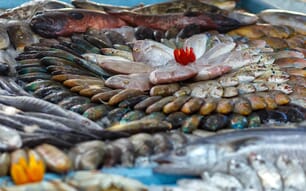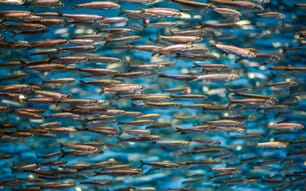"The transition last year was a big one -it required a lot of work from many people," said Mary Ellen Walling, Executive Director of the BC Salmon Farmers Association. "We look forward to seeing these regulations settle more into place as we continue to move forward."
In February of 2009, the BC Supreme Court ruled that aquaculture should be under federal regulatory control rather than the previous provincially-led regulatory program. Following an extension in early 2010, the official transfer date was 18 December, 2010.
While the regulated requirements for BC's salmon farms in many areas stayed the same as they were with the province, there remained alterations that needed to be worked through - such as changes in staff contacts, reporting procedures and the inspection process.
One of the biggest changes in the public eye has been quarterly reporting of information about egg imports, sea lice, marine mammal interactions, incidental catch and escapes. While quarterly fish health reports were made available by the province while it was in regulatory control, the BCSFA feels this additional reporting is a good step, though it can be challenging to put in context since the BC industry is the only food production business providing this level of data publicly.
With the first year under their belt, members of the BCSFA hope to see more streamlining of the regulatory process in 2012. Delays in the review of license amendments create challenges for our companies. The single-year fishing licenses granted now create uncertainty for the businesses - pointing to the need for more aquaculture-specific legislation.
"Salmon farmers are always looking for ways to improve our business - that means making sure our operations are sustainable but also enabling our businesses to continue to be successful," said Ms Walling. "We hope to continue working with DFO to find clear paths that ensure all parties' expectations are met."
The BCSFA represents salmon farm companies and those who supply services and supplies to the industry. Salmon-farming provides for 6,000 direct and indirect jobs while contributing $800-million to the provincial economy each year.
BC Farmers Mark Regulations Anniversary
CANADA - This week marks the first anniversary of the federal government taking regulatory control of the province's aquaculture industry - and BC's salmon farmers are looking forward to a new year that will see the Pacific Aquaculture Regulations more established.
by Lucy Towers



